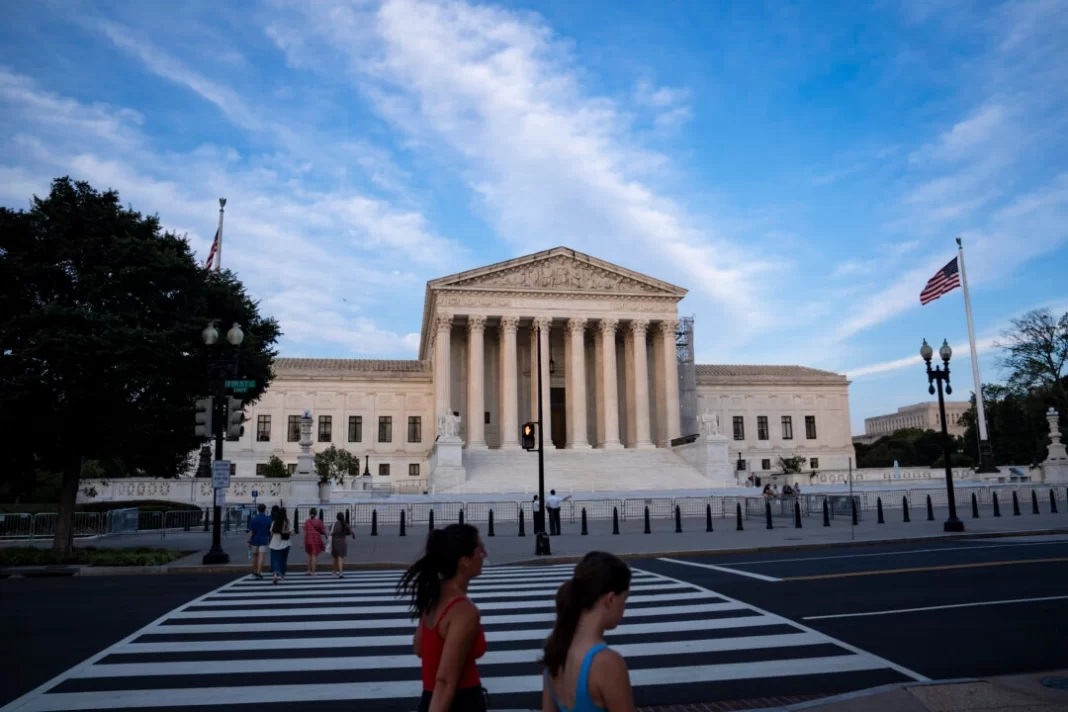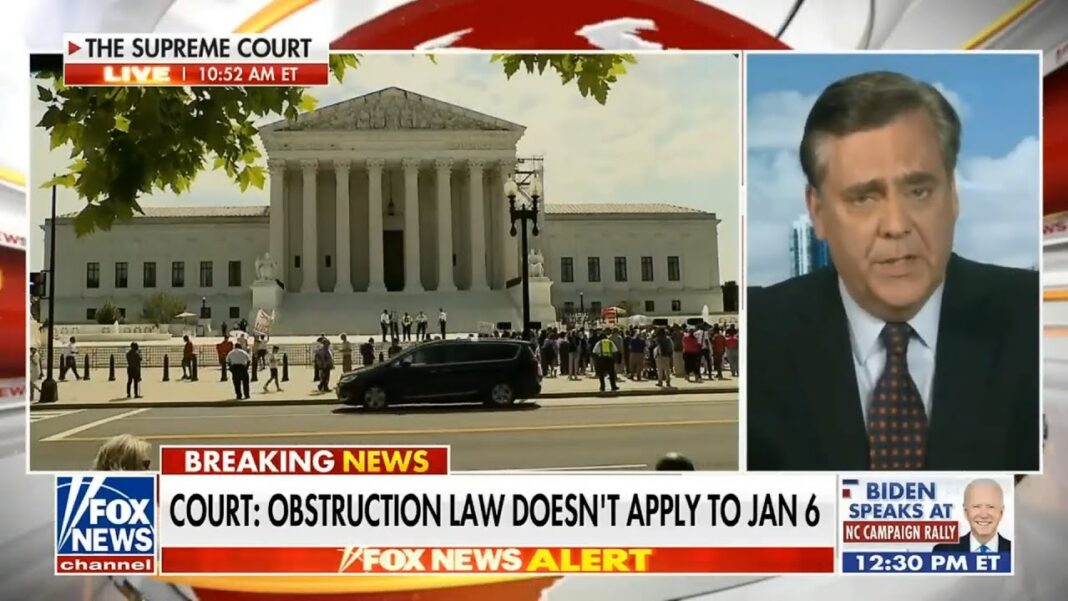
The 40-year-old doctrine has provided a legal foundation for the modern administrative state.
The Supreme Court in a vote of 6–3 overturned the so-called Chevron deference, a bureaucracy-empowering judicial doctrine that critics say led to the explosive growth of the U.S. government in recent decades.
Chief Justice John Roberts wrote the majority opinion in the June 28 case. Justices Sonia Sotomayor, Elena Kagan, and Ketanji Brown Jackson dissented.
The 40-year-old judge-invented doctrine holds that an agency’s interpretation of a statute it administers is entitled to deference unless Congress has said otherwise.
The doctrine provides a legal underpinning for the modern administrative state, which critics deride as an illegitimate fourth branch of government.
In the landmark ruling in Chevron v. Natural Resources Defense Council in 1984, the court held that while courts “must give effect to the unambiguously expressed intent of Congress,” where courts find Congress has not directly addressed the precise question at issue and “the statute is silent or ambiguous with respect to the specific issue, the question for the court is whether the agency’s answer is based on a permissible construction of the statute.”
Conservatives and Republican policymakers have long been critical of the doctrine, saying it has contributed to the dramatic growth of government and gives unelected regulators far too much power to make policy by going beyond what Congress intended when it approved various laws. The authority of regulatory agencies has been increasingly questioned by the Supreme Court in recent years.
Those on the other side say the Chevron doctrine empowers an activist federal government to serve the public interest in an increasingly complicated world without having to seek specific congressional authorization for everything that needs to be done.
The new ruling came in two related cases that the court heard on Jan. 17: Relentless Inc. v. Department of Commerce and Loper Bright Enterprises v. Raimondo.
The cases at hand go back to 2020 when the U.S. Department of Commerce’s National Oceanic and Atmospheric Administration and its National Marine Fisheries Service implemented a final rule to compel fishing companies to pay for human monitors aboard their vessels.
The companies said the burden of paying for the monitors was a hardship that significantly reduced their profit margins.








